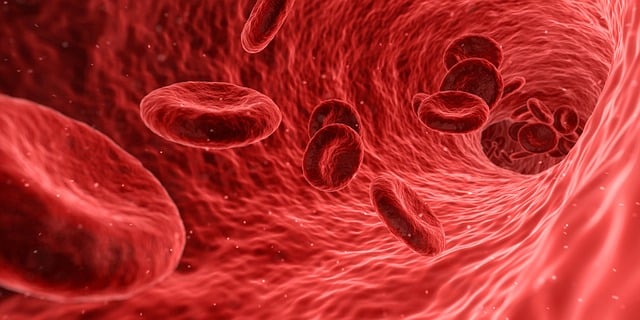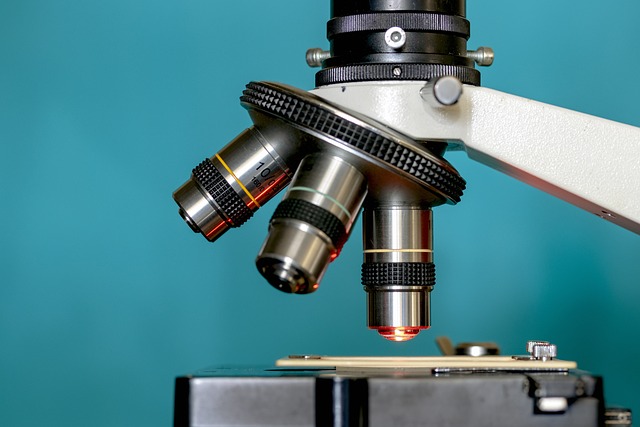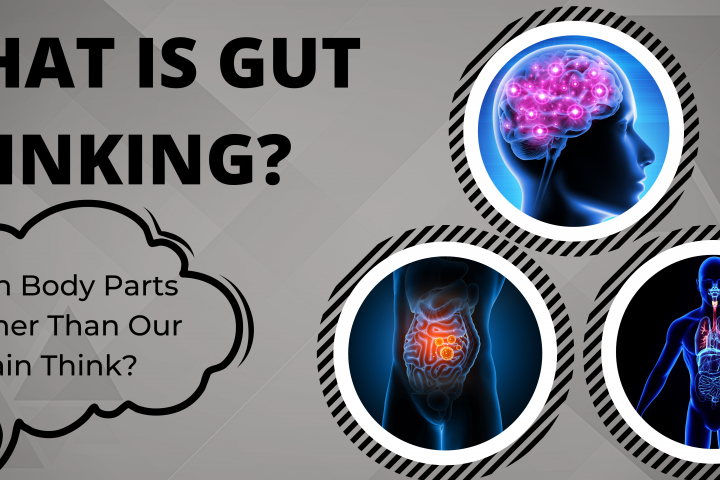Fasting has become the talk of the town nowadays. But do you know it isn’t anything new? It is well rooted in the history of many cultures and religions both from East and West. Well, so many religions spoke openly about it whereas some preferred to practice it covertly. People have been observing fasting for both medical and religious reasons since antiquity. Let’s understand in this article the history of fasting and if it really helps in weight loss, curing diseases, or slowing down aging.
Fasting is often misunderstood as starvation. People believe one has to starve when one hear the word fasting. But it isn’t what is being perceived. It is much more than not eating food to treat one’s body with the right intake of food.
In this post, I will talk about fasting and its misconceptions. I will also be talking about various studies undertaken to prove whether fasting cures diseases and reverse aging.
What is Fasting?
Fasting in general means going without food for a certain period of time, it could extend from a few hours to days depending on the type of fasting one is undertaking. Its purpose varies from health and religion to ethics.
Many people practice it for weight loss, anti-aging, and even to reduce or maintain their waistlines. As different cultures have varied written records about the timeline of fasting, its origin couldn’t be traced back. But we will talk about a few of the practitioners who spoke about the importance of fasting.
Intermittent fasting which is being offered under the rejuvenation plan by many coaches has different approaches to it. Such as alternate-day fasting, 5:2 fasting, and Daily-time restricted fasting.
- Alternate day fasting: – This is one of the most common approaches to fasting wherein a person is supposed to eat a normal diet one day and fast for another.
- 5:2 fasting: – fasters eat a healthy diet for 5 days and fast for 2 days.
- Daily time-restricted fasting: – You can eat normally but the eating window is 8 hours. Whatever you eat is within this duration, rest you have to fast for 16 hours.
History of Fasting
Fasting has been used therapeutically since at least the 5th century BCE when Greek physician Hippocrates recommended abstinence from food or drink for patients who exhibited certain symptoms of illness.
Just like many other religions, fasting is a huge part of Hinduism. It is practiced religiously in India. The method of fasting may differ from community to family, but it is done to purify the mind, body, and soul. It is not an obligation to practice fasting but people do it out of spiritual activity. Also, it is done to show their love and devotion to god.
Many healing programs also highlight its importance. A lot of coaches make their students practice it as a way of healing. They believe that healing starts from the inside rather than the outside.

The ancient medical system Ayurveda also talks about the significance of intermittent fasting and how it is beneficial in healing one’s body.
The core point is to heal a body by flushing out the excess metabolic toxin (metabolic poisons or toxins which arise as a consequence of the impaired functioning of digestive fire) from it. Detoxification differs for everybody as there is a difference in body type which means fasting varies from person to person.
DO YOU KNOW!
Mohandas Karamchand Gandhi famously known as Mahatma Gandhi played a key role in India’s fight for Independence. He was known for using non-violence as a weapon to fight for India’s freedom. He believed in the philosophy of Ahinsa (Non-Violence). In his fight for India’s freedom, he undertook many methods, one of which was the Hunger strike. Gandhi in total undertook 18 fasts, the longest of which lasted for 21 days. He started the fast on 18 September 1928 and ended it on 08 October 1928.
Does fasting cures diseases or helps the human body in any way?

The significance of fasting is found in many religions such as Hinduism, Christianity, etc. It is being practiced in almost every part of the world. But does it cure diseases? Or does it help the human body in any manner?
Let’s begin our hunt for the answers.
We know fasting does a few changes in the body. But what is it? Before I answer this, let me ask you a question. What happens when you run out of money? Suppose you have spent your monthly salary and now some random expense comes up. What will you do? Well, this is why we do savings, to use it on a rainy day, isn’t it?
Same way when you fast, the body starts relying on the stored fat as it becomes more accessible. Several things happen in the body on cellular and molecular levels.
Here are a few changes that occur in the body while fasting.
- Human Growth Hormone (HGH):- The levels of growth hormones shoot, increasing its production.
- Insulin: – When you fast the insulin sensitivity improves and the level of insulin drops dramatically. Lower insulin levels make stored fat more accessible.
- Cellular repair: – When fasted, your cells initiate cellular repair processes. This includes autophagy where cells digest and remove old and dysfunctional proteins that build up inside cells.
Does fasting help in weight loss? Is it a myth or a fact?
Weight loss is the most common cause of fasting. People often follow intermittent fasting to lose weight. It helps in the reduction of the calorie intake of a person. It adjusts the hormone levels of a person to keep up with the intake of calories and weight loss, also lowers the insulin level of a person, and increases the growth hormone. It increases the release of the fat-burning hormone norepinephrine (noradrenaline).
A 2014 review study found that this eating pattern can cause 3–8% weight loss over 3–24 weeks, which is a significant amount, compared to most weight loss studies.
According to the same study, people also lost 4–7% of their waist circumference, indicating a significant loss of harmful belly fat that builds up around their organs and causes disease.
Another 2011 study showed that intermittent fasting causes less muscle loss than the more standard method of continuous calorie restriction.
Do you know while we are talking about fasting and abstaining from food for medical and religious purposes there are historic incidents when people were forced to hunger. Please read our other article about Holodomor famine.
Cancer treatment and groundbreaking discoveries

Valter Longo, director of the Longevity Institute at the University of Southern California, talks about treating cancer and he thinks that short-term complete fasts maximize the benefits of its treatment. He has found that a 48-hour total fast slowed the growth of five of eight types of cancer in mice, the effect tending to be more pronounced the more fasts the animals undertook.
Mark Mattson at the National Institute on Aging says, “We know from animal models that if we start an intermittent fasting diet at what would be the equivalent of middle age in people, we can delay the onset of Alzheimer’s and Parkinson’s.”
“The evidence is pretty strong that our ancestors did not eat three meals a day plus snacks,” Mattson says. “Our genes are geared to being able to cope with periods of no food.”
According to Luke Corey, a registered dietitian with Mayo Clinic Sports Medicine and sports nutritionist with the Minnesota Timberwolves. “Intermittent fasting can help people live a better quality of life for a longer period of time.”
Fasting has incredible effects on aging. It boosts one’s metabolism by ensuring a more efficient breakdown of nutrients and burning of calories. It increases the level of antioxidants which prevents the ion (free molecules) from interfering with the body cells.
Dr. Takayuki Teruya and a team of scientists at the Okinawa Institute of Science and Technology Graduate University in Japan, conducted the study to examine the impact of metabolism on skin aging. As per the research, fasting and calorie restriction boost metabolism and immunity. Strong metabolism ensures a healthy body and skin.
The concept of fasting is widely known and practiced throughout the world. People are making it a part of their lifestyle. It has many potential benefits such as weight loss, improved blood sugar control, etc. People have been promoting it for many years now. A good nutritious diet and fasting when practiced correctly leads to a healthy life.





